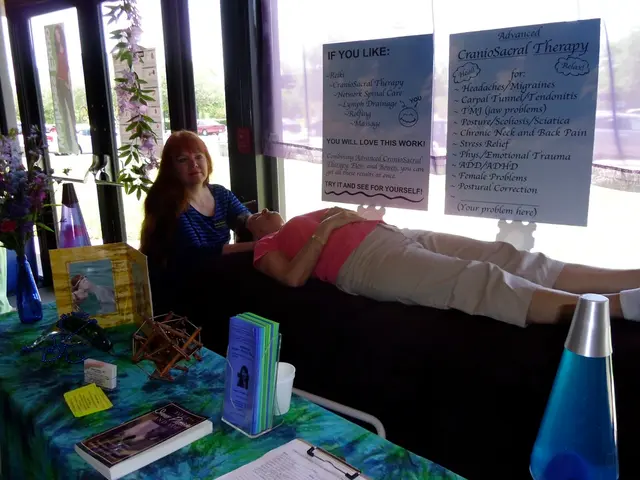Importance of Mammograms for African-American Women
Early detection through breast screenings plays a crucial role in saving lives from breast cancer, a disease that can be daunting due to its varying likelihood depending on factors such as age, family history, and breast density. Despite Black women being diagnosed at an earlier age than their white counterparts, the breast cancer mortality rate among the former is 39% higher.
Bridgette Hempstead, a breast cancer survivor and patient advocate, explains her experience being diagnosed on her 35th birthday and the initial reluctance of her doctor to conduct a mammogram. Adewunmi Nuga, a primary care doctor at UW Medicine Primary Care – Kirkland, notes that Black women are diagnosed with breast cancer around age 59, nearly four years earlier than white women.
However, not enough Black women are receiving early screenings, or any screenings at all. The lack of early detection contributes to the higher breast cancer mortality rate among Black women, and there are several reasons for this disparity.
Historical medical abuse, such as the infamous Tuskegee experiment, has led to a real fear within the Black community. As a result, some Black women may avoid seeking medical care due to mistrust of medical professionals. One solution to this problem could be increasing the representation of Black doctors, as studies have shown that counties with a higher percentage of Black doctors also demonstrate an increase in life expectancy for Black people.
Diversity in medical studies and research is also essential in helping to address these disparities. Moreover, addressing the various obstacles faced by Black women, such as anxiety, mistrust, socioeconomic factors, access to insurance, and systemic barriers, is crucial in encouraging more Black women to get screened for breast cancer.
Navigating these barriers requires action, and various resources are available. For instance, Seattle King County Public Health connects individuals who lack insurance coverage to the Breast, Cervical, and Colon Health Program for coverage of necessary screenings. The Fred Hutch Cancer Center's Mobile Mammogram Van also travels to different cities, helping women get screened closer to where they live and work.
Black women are encouraged to self-advocate during their patient visits, ask questions, and push back if they feel dismissed or not receiving the care they need. Bringing a loved one to appointments can help alleviate stress while encouraging screenings as a form of self-care and self-love.
In conclusion, early detection through breast screenings can save lives, but Black women are dying at higher rates due to a combination of biological, socioeconomic, and healthcare access factors. Addressing these multifaceted barriers is essential in improving outcomes for Black women.
- Despite Black women being diagnosed with breast cancer around age 59, which is nearly four years earlier than white women, the breast cancer mortality rate among Black women is 39% higher.
- Historical medical abuse, such as the infamous Tuskegee experiment, has led some Black women to avoid seeking medical care due to mistrust of medical professionals.
- One solution to this problem could be increasing the representation of Black doctors, as studies have shown that counties with a higher percentage of Black doctors also demonstrate an increase in life expectancy for Black people.
- Black women are encouraged to self-advocate during their patient visits, ask questions, and bring a loved one to appointments to alleviate stress while promoting screenings as a form of self-care and self-love.
- Addressing the various obstacles faced by Black women, such as anxiety, mistrust, socioeconomic factors, access to insurance, and systemic barriers, is crucial in encouraging more Black women to get screened for breast cancer.








